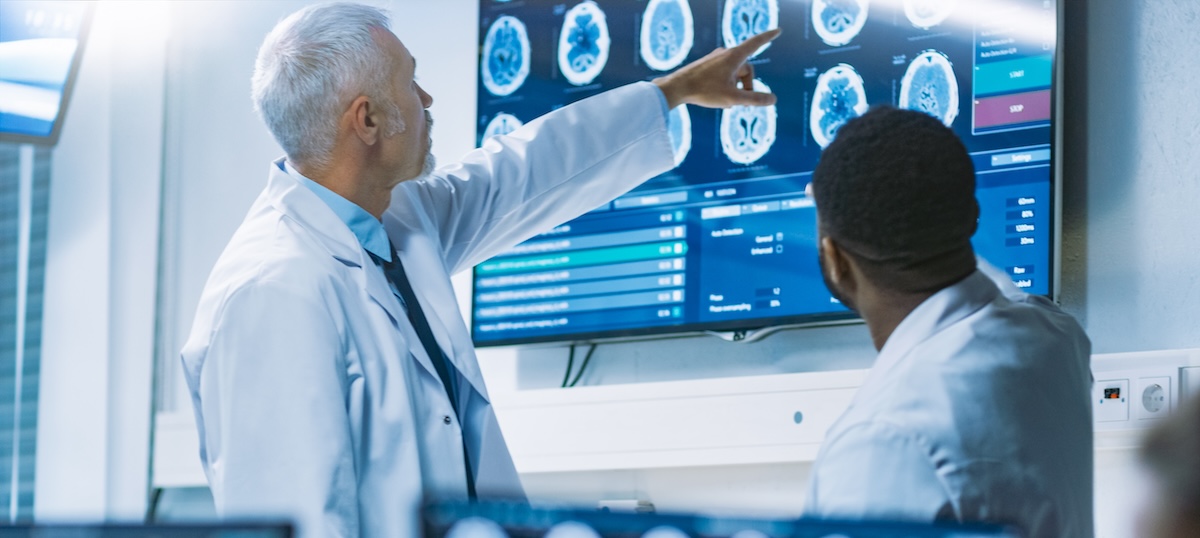Enveric Biosciences: a new contender in psychedelic drug development
All eyes are on MAPS and Lykos Therapeutics as they await the FDA’s decision on MDMA-assisted therapy for PTSD and the potential patent approval for MDMA. However, while these companies dominate the spotlight, other biotech firms are making significant strides in the psychedelic therapy space. Enveric Biosciences is also in the race, which is currently awaiting FDA approval for its psychedelic compound named EB-002. According to the Green Market Report, the company has already secured patents for this compound.
The promise of EB-002: a next-generation anxiety medication

EB-002 has become known as a possible candidate for the next generation of anxiety medications. The new psilocin prodrug derived from psilocybin mushrooms aims to provide therapeutic effects for anxiety. Psilocin, a significant component of psilocybin mushrooms, is the active chemical that causes the psychedelic effects. This new compound represents a crucial step towards developing “trip-free” psychedelic medications. By focusing on the therapeutic benefits of psilocin without the associated psychedelic effects, EB-002 could pave the way for broader acceptance and application of psychedelic therapies in treating various mental health conditions.
Patent protections: securing the future of EB-002
“EB-002 now enjoys US patent coverage under three issued patents,” CEO Joseph Tucker said in a statement. The patents cover the drug’s composition, manufacturing methods, and treatment applications.”
Recent discoveries have substantially increased the number of diseases, and there is a new medicinal drug that may treat them, which is EB-002. Newly approved patents now include sleep disorders, depression, substance-use issues, and headaches. EB-002 actively targets specific neurotransmitter systems commonly disrupted in these conditions, offering a promising approach to improving patients’ well-being and quality of life.
Expanding applications: EB-002's potential in treating various disorders
“EB-002 now has additional patent protection supporting the enhanced potential to expand into additional neurological conditions and serve a broad range of patient populations,” the statement said.
Enveric Pharmaceuticals focuses on EB-003, a compound they term a “neuroplastogen,” aiming to improve mental health treatment. Unlike traditional psychedelics, EB-003 offers therapeutic benefits without inducing a psychedelic experience. The company is prioritizing this compound and preparing for a pre-investigational “New Drug” meeting with the FDA in early 2025. Meanwhile, EB-002 remains in development.
Neuroplastogen innovations: the role of EB-003 in mental health
Enveric Biosciences states that “neuroplastogen” therapies improve the brain’s ability to form new neural connections. The trip was removed to make it more accessible to patients who want to avoid hallucinogenic effects.
“EB-003 has the potential to be a breakthrough neuroplastogen drug candidate that offers the ability to treat resistant mental health disorders without the hallucinogenic effect typically associated with psychedelic-based molecules,” Joseph Parker said in a statement.

Ethical considerations: patenting psychedelic compounds
Two related issues within the psychedelic existence are patenting and reducing the hallucinatory properties of psychedelic substances. Both issues emphasize how biotech companies and Big Pharma are attempting to benefit from a “psychedelic gold rush,” claiming ownership of chemicals (or their derivatives) that were previously the preserve of underground pioneers and Indigenous civilizations. These concerns raise critical ethical questions about accessibility, cost, cultural appropriation, innovation, therapeutic efficacy, and exclusivity.
The psychedelic gold rush: industry competition and patents
The Enveric Biosciences and Lykos Therapeutics are not the sole companies exploring the patented, trip-free psychedelic pathway. Additionally, Compass Pathways, Usona, ATAI Life Sciences, and Mind Medicine Inc (MindMed) are among the biotech firms exploring patents for psychedelic medications that produce trips and do not, and they aim to secure FDA approval.
MindMed and the pursuit of "Trip-Free" psychedelics
In 2019, MindMed made a pivotal decision by acquiring the rights to 18-MC, a compound previously patented as an analog of ibogaine. Ibogaine comes from the West African shrub Iboga. It has long intrigued researchers and traditional healers alike for its ability to induce prolonged “waking dream states,” often lasting longer than those produced by LSD. This powerful compound has been integral to the Bwiti people’s initiation rites in West Africa. The acquisition of 18-MC marks a significant shift in MindMed’s approach to psychedelic therapy.
The future of psychedelic therapy: a balanced approach
As MindMed and other psychedelic companies continue exploring “trip-free” possibilities, the pharmaceutical industry is expected to see an increase in these substances, seeking patents and FDA approval. While the argument over “trip-free” psychedelics continues, it’s important to note that several companies, such as MAPS and Lykos Therapeutics, are dedicated to preserving the psychoactive properties of drugs like MDMA. These effects are frequently seen as essential to the therapeutic process, giving experiences that many users value.




